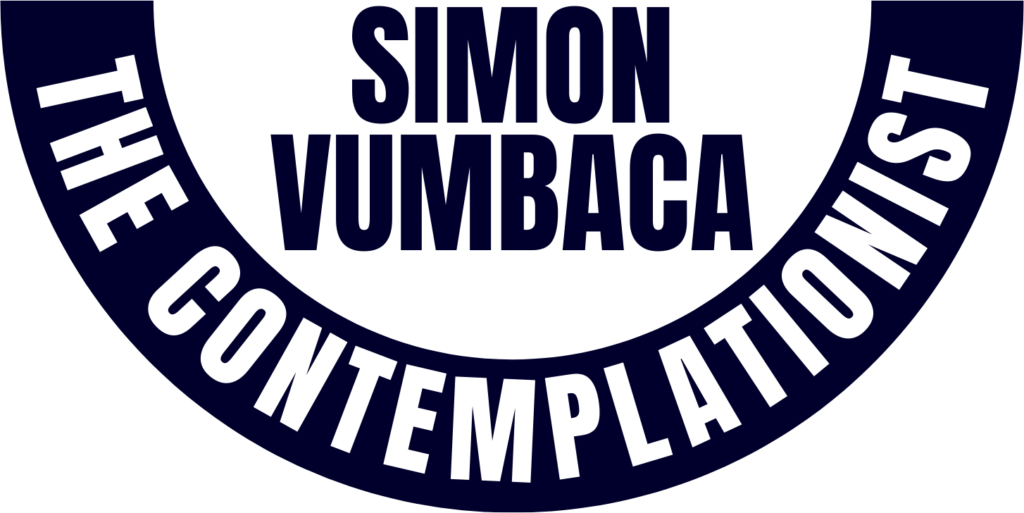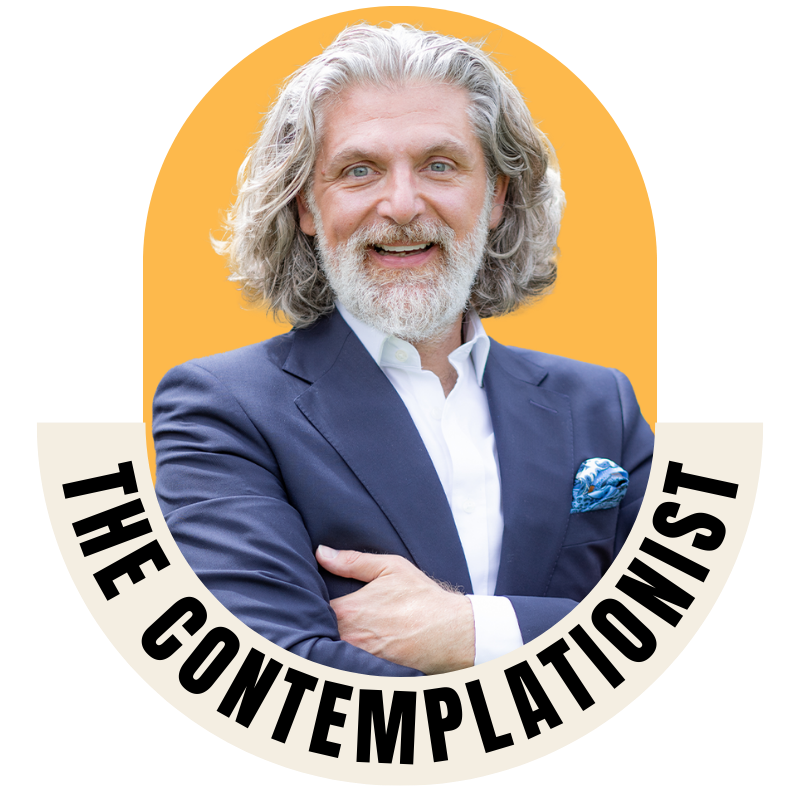In Europe, August is a time for vacations. Many Latin countries close their doors to normal business and head to the beach.
These are times spent with family and friends, recharging batteries. This good habit has, in one form or another, extended to most countries in the Western world.
For many, though, me included, breaking up or disrupting my everyday life is a consuming exercise. It takes time to break out of my routine and just as long to reinstate it. In essence, all the effort I put into “feeling like I’m on holiday” and then “going back to work” often outweighs the happiness I get from my daily routine the rest of the year.
For some reason, there’s also this compulsory idea that, because we’re on holiday, we must go to even more restaurants and other places than we normally would, even if we already do so routinely throughout the year.
But to me, the biggest disadvantage of this all-or-nothing holiday spirit is the time it takes to get back into things. As a Contemplationist, feeling good every day because everything is balanced makes me feel great. Not exceeding in either direction makes things sustainable and enjoyable, at least to me. Sometimes, it’s even predictable to the point where I look forward to simple tasks.
What is also noticeable is that we can rarely go from all to nothing and then back to all-in. That’s simply not a sustainable or repeatable behaviour.
It can be done once or twice, but the all-or-nothing approach means that sometimes the outcome is nothing, and that’s that! Getting used to go all-or-nothing is something that sportspersons do every time they’re on the starting blocks, cross the starting line, enter the ring, or hear the start whistle. Certainly, they must be the best equipped to deal with the high rewards and low outcomes of this behaviour. For instance, think of a marathon runner who trains meticulously for months leading up to a race. After the marathon, if they were to take weeks off, doing nothing but resting, they’d lose the conditioning they worked so hard to build. When they eventually return to training, they’d find it challenging to get back to the same level, and the risk of injury increases. Contrast this with a runner who, after a race, takes a short, well-planned recovery period and then eases back into their routine. They maintain their fitness and gradually build on it, setting themselves up for even better results in the future.
Observing great sportspeople in any discipline, it became clear to me that sporting cycles are rarely limited to a single game or event.
They are a series of events that culminate in a goal. These cycles typically involve several steps and, in some cases, are shorter, but they’re never really an all-or-nothing matter. This seems to make sense up to a point.
My observation is that at the highest levels in sports, life, or business, true, sustainable wins follow a simple pattern: when one is winning, one must not give way to complacency and must be relentless in their pursuit of victory, time and time again, raising their own personal standards every time, relentlessly and tirelessly. This is the champion’s responsibility. This translates into more training and pushing boundaries.
Being sharp and staying sharp is what makes super sportspeople become champions and create history. The latest example for me was watching Team New Zealand in this year’s America’s Cup preliminary regatta. When under challenge, they communicated calmly, showing how well-prepared they were for any eventualities, even in adversity, and they referred to themselves as simply “doing their job.” This phrase, incidentally, was also used by Bill Belichick of the New England Patriots to motivate his team to win, leading them to be referred to as a “dynasty.”
Upon closer inspection, you’ll notice that the aspect of giving it all is not correlated or overbalanced by doing nothing. On the contrary, after an intense effort and a massive win, true champions return to their preparation routine almost immediately. I have yet to see any sportsperson (except for those who retire) simply sit back and do nothing, even for a short while.
Now that the holidays are over, it’s time to go back to work and take things to the next level!






